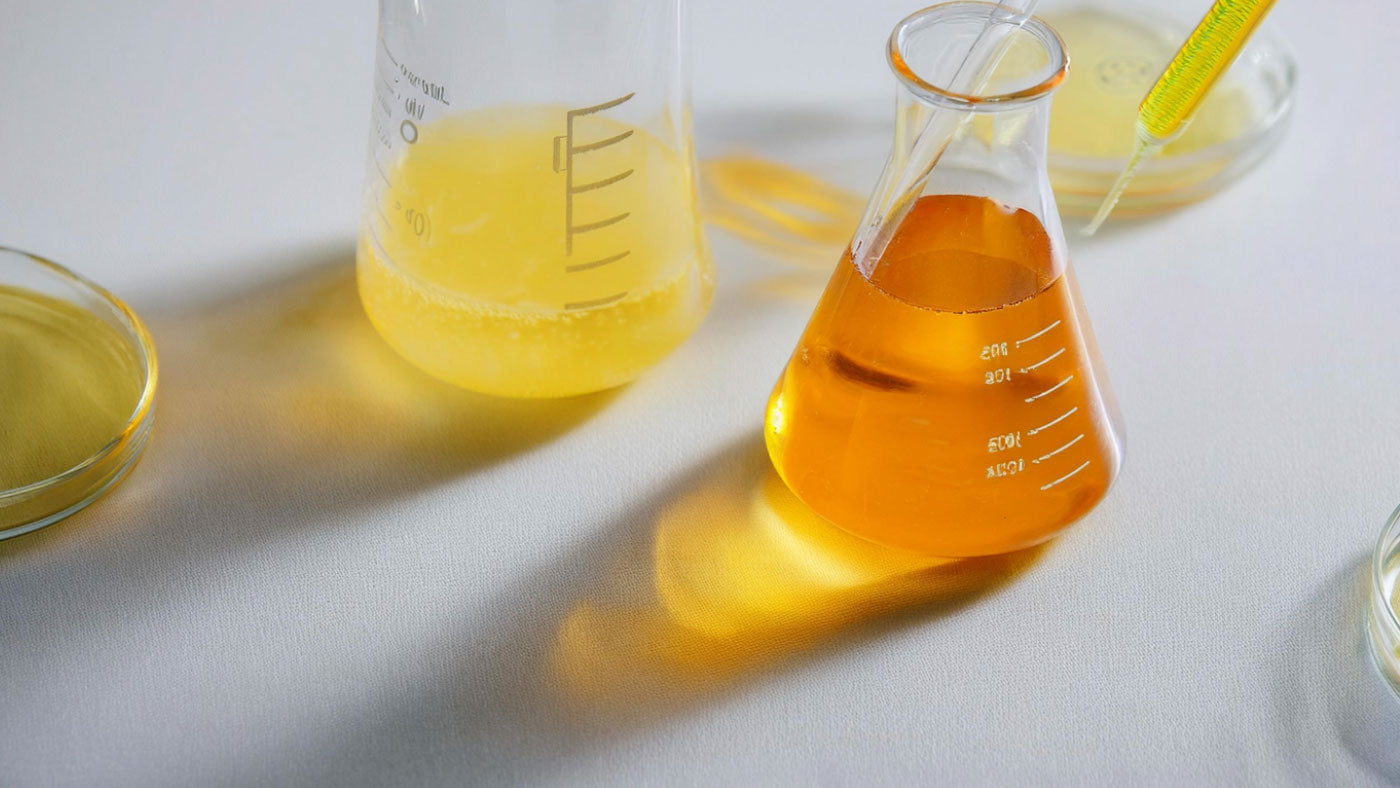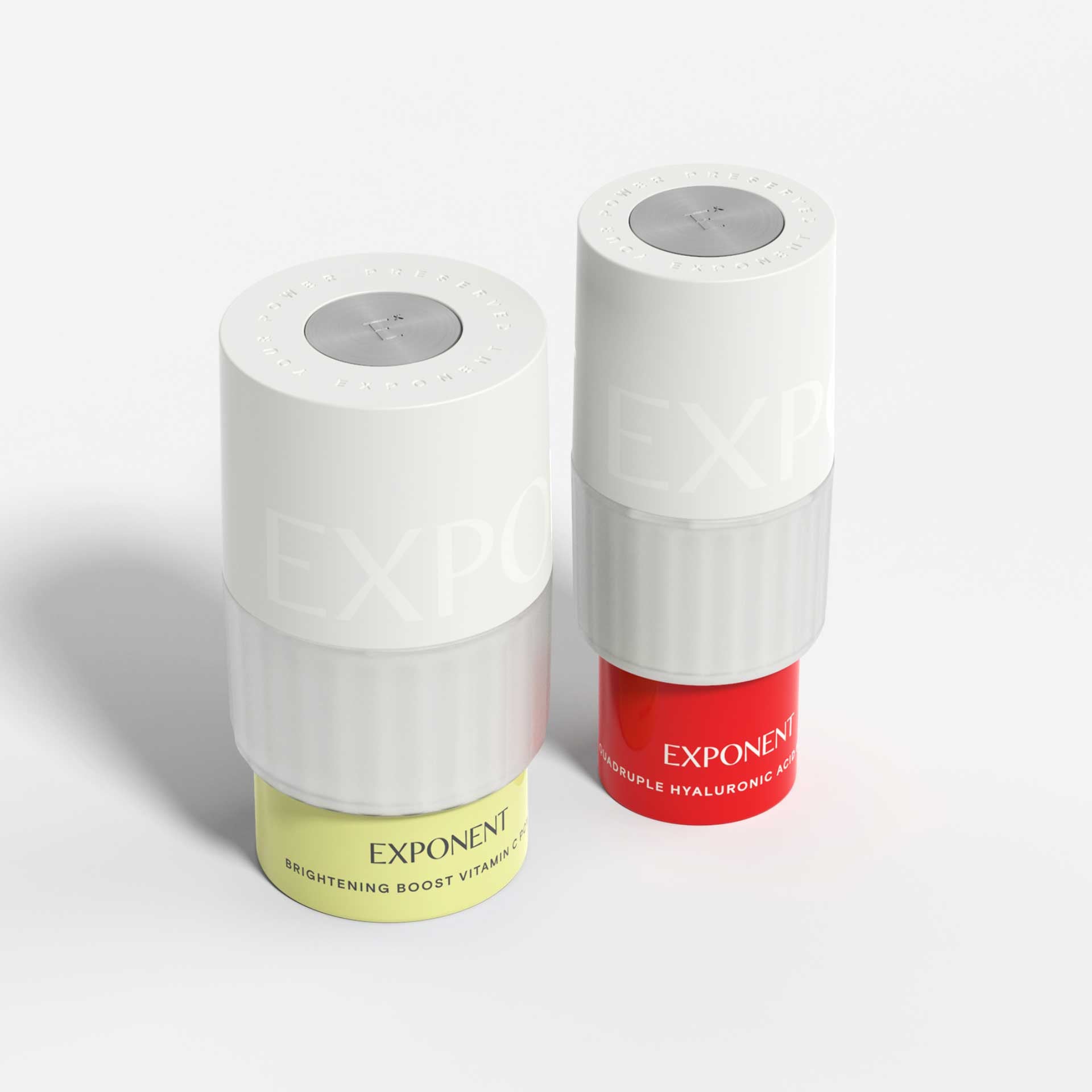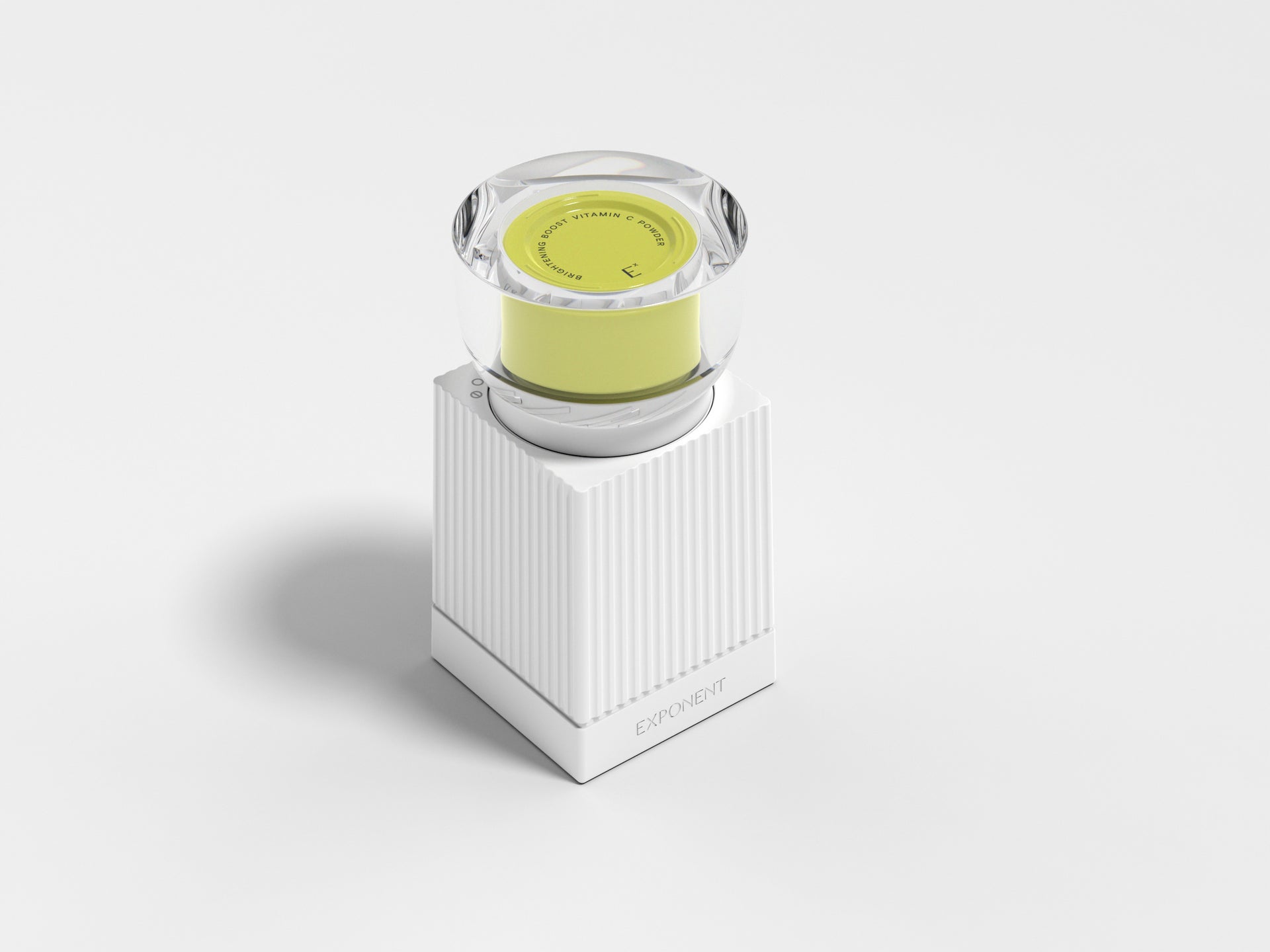The New York Times article "Does Vitamin C Actually Help Your Skin?" by Melinda Wenner Moyer explores the complexities behind using Vitamin C in skincare. Dermatologists often tout its benefits—such as brightening and firming skin, protecting against environmental damage, and reducing signs of aging—yet the research paints a more nuanced picture. According to a 2021 review, the results of Vitamin C formulations are mixed, making it challenging to determine which products are truly effective.[1]
One of the key issues discussed is the instability of L-ascorbic acid, the most common and pure form of Vitamin C in skincare. As dermatologist Dr. Whitney Bowe explains, L-ascorbic acid can degrade easily when exposed to heat, sunlight, or an improper pH, making it difficult to ensure its efficacy in products. “Vitamin C is an unstable molecule and it can easily break down into a different molecule that doesn’t help the skin,” Dr. Bowe said. Adding to this, third-party lab testing by Exponent on top clinical skincare brands, including those with airless pumps and amber jars, demonstrated that even these products lose nearly half their potency within just six weeks—highlighting the challenge of maintaining L-ascorbic acid’s stability over time.[2]
The article also notes that L-ascorbic acid may struggle to penetrate the skin effectively due to its water-loving nature. As a result, some companies use Vitamin C derivatives like tetrahexyldecyl ascorbate, which more easily penetrate the skin and are less irritating. However, Exponent’s independent study revealed that many of these commonly used Vitamin C derivatives offer just one-sixth the efficacy of L-ascorbic acid, leading some to question whether their benefits are overstated.[3]
While many skincare brands face challenges with Vitamin C stability, Exponent offers an innovative solution through its activated skincare line that keeps anti-aging ingredients like L-ascorbic acid—pure Vitamin C—at peak potency. By keeping the active ingredients in powder form until they are activated with a hyper-moisturizing Hyaluronic Acid serum in Exponent’s patented precision dosing dispensers, the brand ensures that each dose contains the highest optimal potency of Vitamin C.
The article recommends choosing products from reputable companies and considering formulations that include stabilizers like vitamin E and ferulic acid, which are believed to enhance Vitamin C’s stability. However, Exponent’s third-party research on clinical skincare products—including those compounded with vitamin E and ferulic acid—found that these formulations still degrade at the same rapid six-week pace, often resulting in visible color changes or an unpleasant odor. This degradation is humorously referred to in "skintellectual" circles as the 'hotdog water' phenomenon.
In commissioning independent third party research, Exponent pushed past the typical expert views on causation of, and solutions for, the challenges of Vitamin C stability in skincare. In testing the typical ‘stability solutions’—airless pumps, amber jars, Vitamin C derivatives, compounding with molecules like Vitamin E—and discovering they do not, in fact, eradicate Vitamin C potency degradation, Exponent was able to innovate and invent its activated serum line that ensures the most potent Vitamin C serum on the market.





